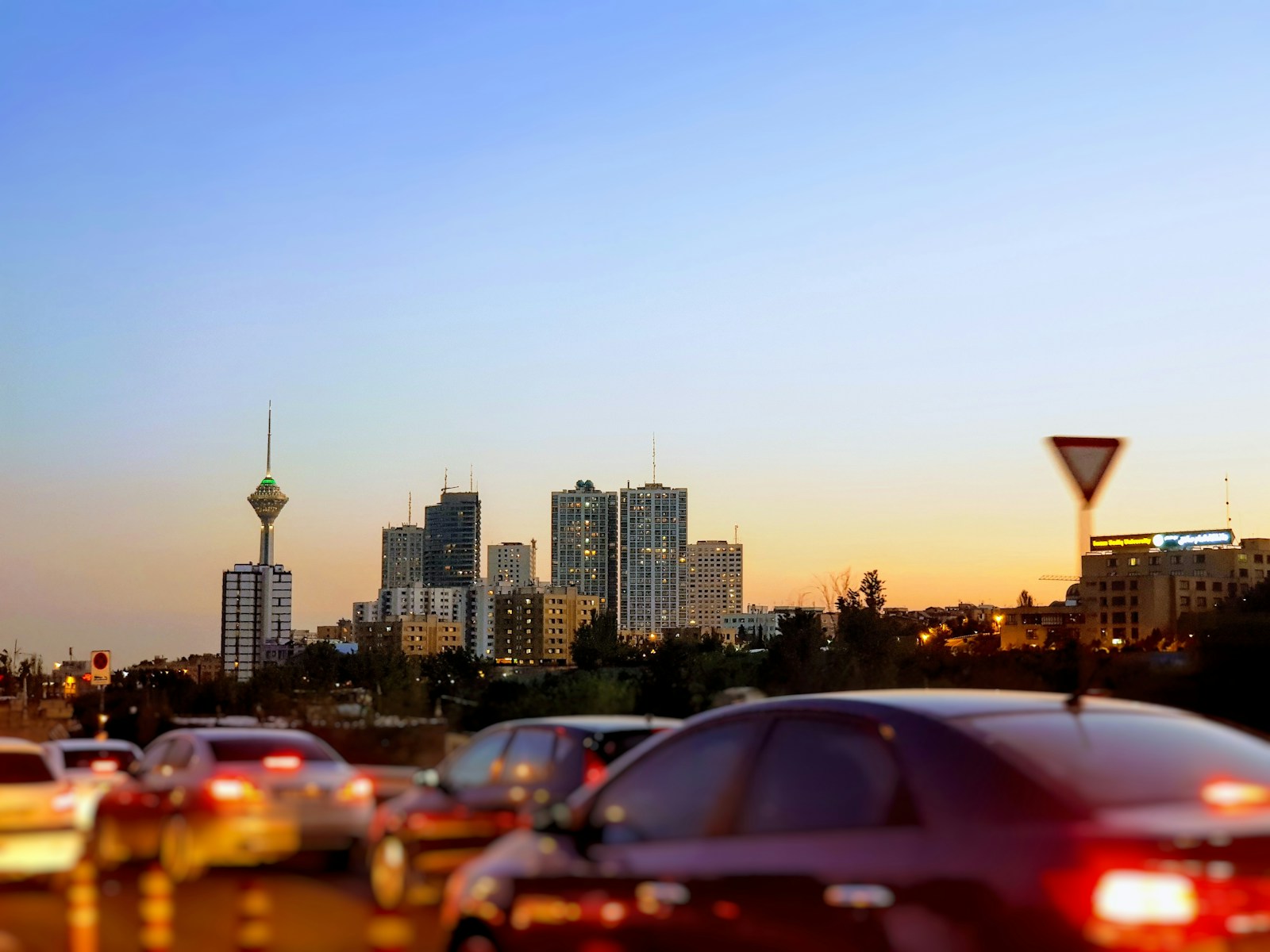Introduction
South Africa’s growing interest in submitting an Olympic Bid for the 2036 or 2040 Games has set the stage for one of the most ambitious projects in its modern history. Officials have confirmed that the country is exploring the possibility of hosting the Summer Olympics, a move that would make it the first African nation to welcome the world’s largest sporting event. The potential bid has sparked nationwide excitement as leaders highlight how the Games could boost tourism, accelerate infrastructure development, build global visibility, and drive long-term economic growth. As discussions unfold and feasibility studies continue,
Olympic Bid and Africa’s Gateway to Hosting the Summer Games
One of the most compelling motivations behind South Africa’s Olympic Bid is the chance to become the first African host of the Summer Olympic Games. Despite Africa’s deep connection to sports and its immense athletic talent, the continent has never hosted the event. South Africa believes it is time for this gap to be filled. Having successfully hosted major global tournaments — such as the 2010 FIFA World Cup and Rugby World Cups — the country has already demonstrated its ability to manage large-scale events. The Olympic Games would represent a historic moment not only for South Africa but for the entire continent, offering representation on one of the world’s biggest stages.
Olympic Bid and Opportunities for Accelerated Tourism Growth
Tourism is one of the strongest pillars supporting South Africa’s Olympic Bid. Hosting the Games gives a country unprecedented global exposure. The Olympics are broadcast to billions of viewers, attracting millions of visitors who contribute directly to the local economy. South Africa’s breathtaking scenery, wildlife, culture, and heritage already draw international travelers, but officials believe the Olympics would multiply global interest dramatically. Increased tourism would provide long-term benefits, including job creation, expanded hospitality businesses, and stronger international brand recognition. The Games could position South Africa as one of the world’s premier travel destinations for years beyond the event itself.
Olympic Bid and Infrastructure Modernization
Infrastructure improvement is a major component of South Africa’s Olympic Bid. Preparing for such a mega-event requires comprehensive upgrades to transportation, stadium facilities, accommodation, and utilities. South Africa aims to use the Olympics as a catalyst to modernize infrastructure that will benefit residents long after the event ends. Transport networks may see substantial expansion, including improved roads, rail lines, and public transit. Airports could undergo major upgrades to accommodate increased international traffic. Urban centers may become more efficient and accessible. These improvements support long-term growth by making cities more connected, sustainable, and attractive for business, tourism, and everyday life.
Olympic Bid and Expansion of Economic Opportunities
A major Olympic Bid can stimulate economic activity across numerous industries. Construction companies benefit from building and upgrading stadiums. Hospitality businesses gain from increased tourism. Technology firms may support digital infrastructure, broadcasting systems, and event management. Retailers and smaller local businesses profit from the influx of visitors. Economists note that if handled responsibly, the Games can be a major driver of long-term economic growth. South Africa aims to ensure that the event generates significant benefits before, during, and after the Olympics, fostering job creation and expanding national economic capacity.
Olympic Bid and Strengthening Global Influence
An important factor behind the Olympic Bid is the opportunity to strengthen South Africa’s global influence. The Olympics provide a rare platform for countries to showcase their culture, leadership, organizational capacity, and national identity. Hosting the Games could elevate South Africa’s diplomatic presence, attract international investors, and expand trade partnerships. With billions of viewers watching, the nation would have a unique opportunity to present a modern, unified, and innovative image. Officials believe that global visibility would help shape long-term political and economic engagement with other countries, improving South Africa’s standing on the international stage.
Olympic Bid and Legacy Development for Future Generations
A well-planned Olympic Bid focuses on long-term legacy, not just short-term excitement. South Africa aims to ensure that venues, public spaces, and infrastructure developed for the Games remain useful long after the torch is extinguished. Legacy development includes sports academies, community centers, improved parks, and upgraded public facilities. Youth programs may expand to encourage participation in athletics, fostering a healthier and more active society. Officials hope that the Olympic legacy will inspire future generations and promote equitable access to sports opportunities across the country. Such long-term impact strengthens communities and builds national pride.
Olympic Bid and Development of Local Sports Talent
A South African Olympic Bid could transform the nation’s sports development framework. Hosting the Olympics requires world-class training centers, advanced coaching strategies, and structured pathways for athletes. These investments help nurture local talent and strengthen national competitiveness across multiple sports. Young athletes, especially those from underrepresented areas, may gain access to better facilities and professional coaching. With improved resources, South Africa could elevate its international performance and inspire a new generation of Olympic hopefuls. The Games would create momentum for expanding sports development across all provinces.
Olympic Bid and Social Unity Through National Pride
Hosting the Olympics can create a powerful sense of social unity, and this is a core motivation behind South Africa’s Olympic Bid. Mega-events often unite people from diverse backgrounds around a shared national purpose. The Games offer moments of pride, celebration, and collective identity that uplift the nation. South Africa’s multicultural identity gives the bid unique meaning, as citizens can come together to support athletes and welcome the world. The Olympics could inspire cultural celebration, national confidence, and renewed optimism about the future. These social benefits, while difficult to measure financially, play a major role in shaping national morale.
Olympic Bid and Financial and Logistical Challenges
While the Olympic Bid carries many advantages, South Africa must carefully address financial, logistical, and planning challenges. Hosting the Olympics requires billions in investment, strict construction deadlines, and extensive coordination across government departments and private partners. Ensuring public support is essential, especially during times of economic pressure. The country must also consider environmental sustainability, transportation readiness, and security planning. To ensure responsible management, officials are conducting feasibility studies to assess risks and determine the most sustainable approach. Transparency, long-term planning, and financial discipline will shape whether South Africa decides to move forward with an official bid.
Olympic Bid and South Africa’s Preparedness to Lead Globally
South Africa’s push for an Olympic Bid reflects its readiness to take on major global responsibilities. The nation has a strong history of hosting successful events, including the 2010 FIFA World Cup, which is widely regarded as one of the most memorable in history. The country aims to build on this legacy to showcase growth, progress, and national capability. Leaders believe that South Africa has the vision, resilience, and passion required to bring the Games to Africa. If the bid becomes official, it will demonstrate the nation’s confidence and determination to lead on the world stage.
FAQs
Q1: Why is South Africa considering an Olympic Bid?
To boost tourism, improve infrastructure, and increase global influence.
Q2: Which years is South Africa targeting for its Olympic Bid?
The country is exploring hosting the 2036 or 2040 Summer Games.
Q3: What long-term benefits could the Olympic Bid create?
It can support infrastructure growth, community development, and sports advancement.
Conclusion
South Africa’s interest in submitting an Olympic Bid reflects an ambitious vision for national and continental progress. Hosting the 2036 or 2040 Games could bring lasting benefits, from tourism expansion and infrastructure upgrades to global influence and community development. As feasibility studies continue, South Africa aims to design a responsible and sustainable plan that honors the hopes of millions across the nation. If successful, the bid could mark a historic moment not only for South Africa but for all of Africa, bringing the Olympic Games to the continent for the very first time.




